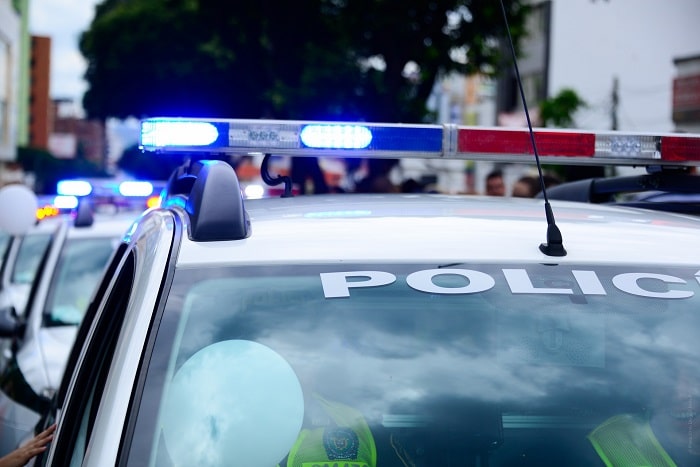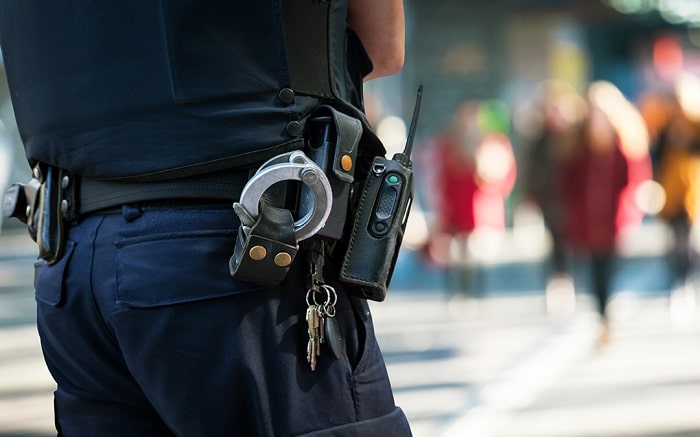Dealing with the police is often viewed from the lens of two contrasting experiences – very pleasant or happy relief when a person needs their assistance, or scary and threatening when a person is the target of their suspicion. Being targeted by police for possible wrongdoing is an overwhelming situation and urges most people to seek a criminal defense attorney to protect their rights.
Conversely, walking down the street, or just being out in public generally, is usually considered a safe and innocuous activity that is unlikely to provoke interaction with police because it does not carry the inherent risk and consequential increased scrutiny given to someone driving a car or large groups gathering in a public place.
In fact, a person who is not driving or planning to enter a facility with security may not even carry identification. But, what if a person is stopped by the police for questioning? Are they required to carry identification or otherwise identify who they are to the police?

Is it legal to Walk Around Without Identification?
Unless a person is driving a car or entering a secure location, such as an airport or government building, California does not require someone to carry an ID. In practice, this means that if the police stop a driver for a misdemeanor traffic violation, this person can be arrested if they fail to produce a valid license.
Do You Have to Identify Yourself to a Police Officer?
As a preliminary matter, it is important to note that police always have the right to ask for identification or request you answer a few questions, but unlike many states, California does not have a law that requires a person to identify themselves to the police. Thus, a person does have the right to refuse to present identification or otherwise identify themselves if the police ask.
However, under the 4th Amendment, if the police have reasonable suspicion of criminal activity or probable cause to make an arrest, they can detain a person for a short period of time while they attempt to identify them. Additionally, police can perform a pat-down at the scene to ensure the person is not carrying weapons for officer safety.
The standard for what is “reasonable suspicion” or “probable cause” is very low, and even innocent behavior can be used to justify detention. The possible range of responses varies from taking a fingerprint at the point of the stop to arresting the person and holding them in jail. Without suspicion of criminal activity, police are not permitted to arrest for simply refusing to provide identification.
However, such arrests do happen and require a strong defense from a criminal defense attorney to ensure any charges brought against the person are dropped. By contrast, in many states, there are statutes that make it a crime for someone detained for suspicion of criminal activity to refuse to identify themselves. These states do differ on whether a verbal response is sufficient or if the presentation of a valid ID is necessary to satisfy this requirement.
Get Help
If the police arrest you on baseless claims, securing a criminal defense attorney as soon as possible is important to contesting allegations by the police. Evidence, such as the video from the officer’s body cam, is essential to your defense and needs to be secured right away to ensure it is not lost or deleted.
Attorneys at the Los Angeles-based Manshoory Law Group, APC represent clients accused of many different crimes and want to help you effectively assert your rights. Contact us for a free consultation.

